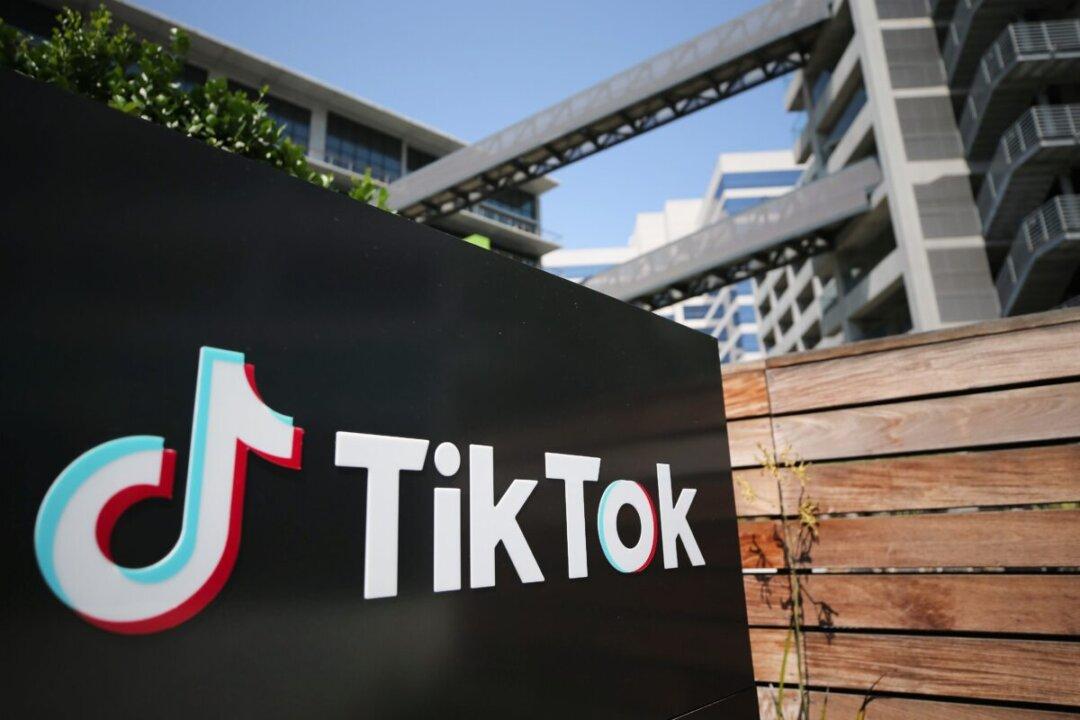California Attorney General Rob Bonta has launched an investigation—along with a handful of other states—of China-based TikTok, regarding the social media platform’s potential involvement in the worsening U.S. mental health crisis among children.
This month, the attorney general’s office announced an investigation into what it said was the platform’s negative impact on children and young adults and “what TikTok knew about those harms,” according to a March 2 press release.





